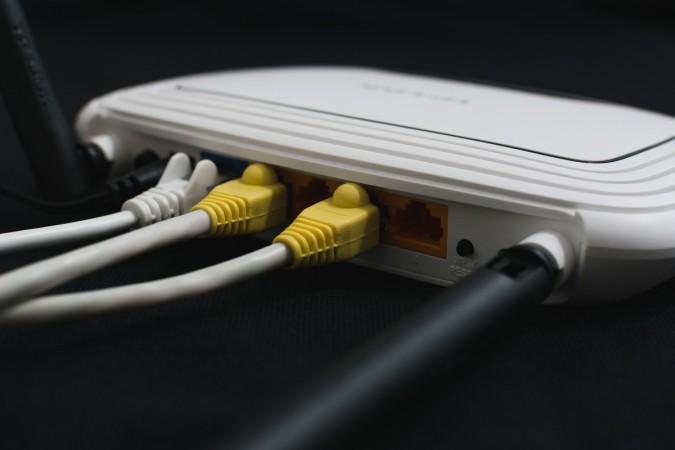The state-owned telecom operator BSNL was hit by a malware attack earlier this week, affecting thousands of broadband modems. On Thursday, BSNL issued advisory for its broadband users asking them to change the default system password.
The malware apparently targeted only those users who had not changed the default password "admin". The telecom operator, however, said that its core network, billing or any other system were not affected by the malware, which reportedly hit nearly 2,000 broadband modems.
"The situation has been addressed to a great extent. We are advising customers that they should immediately change their passwords, and they should not be worried about using broadband once they have done that," the Press Trust of India quoted BSNL Chairman Anupam Shrivastava as saying.

According to Shrivastava, the attackers behind the malware managed to change the default password of the affected modems, making then unable to log in. After the glitch came to light, BSNL call centres reached out to users to alert them, and recommend them the preventative measures to avoid and better defend against such attacks.
If you are wondering about the process of changing the Wi-Fi password, here's our guide showing how to do it.
In addition to changing the password, you can also make your Wi-Fi secure by changing your network's SSID name, the name that is broadcast from your Wi-Fi to the outside world, allowing people to find the network.
If you want to prevent other computers in the vicinity from using your internet connection, you can encrypt your wireless signals as well by changing the security type from WEP to WPA or WPA2. WEP is the basic encryption, and therefore, it is considered least secure.









!['Had denied Housefull franchise as they wanted me to wear a bikini': Tia Bajpai on turning down bold scripts [Exclusive]](https://data1.ibtimes.co.in/en/full/806605/had-denied-housefull-franchise-they-wanted-me-wear-bikini-tia-bajpai-turning-down-bold.png?w=220&h=138)



